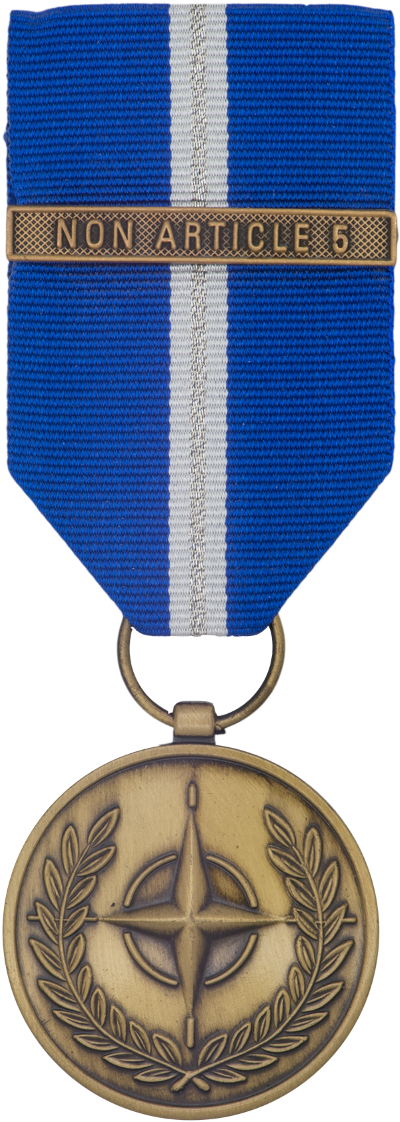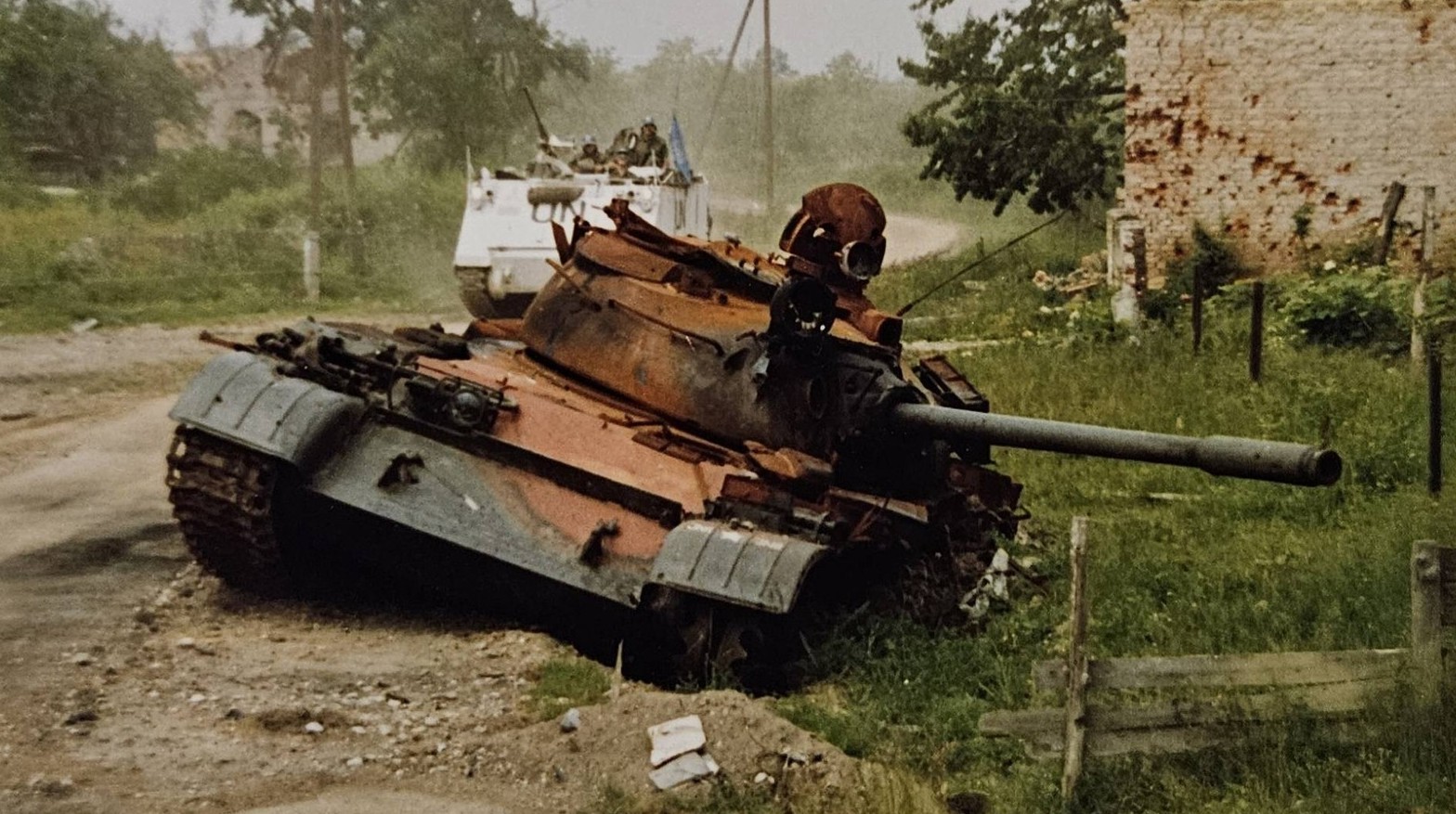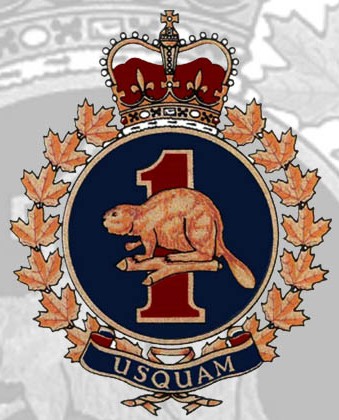Non-Article 5 NATO Operations in the Balkans
WARNING: Due to the nature of the conflict and operations in the Balkans, some of these articles may contain graphic or disturbing content. Please use your discretion. If an article adversely affects your mental health, consider seeking help by consulting the agencies listed in the Mental Health Resources section of this website.
Non-Article 5 NATO Operations in the Balkans
On 14 December 1995, the North Atlantic Council launched Operation JOINT ENDEAVOUR, the largest military operation ever undertaken by the Alliance. Based on UN Security Council Resolution 1031, NATO was given the mandate to implement the military aspects of the Peace Agreement. A NATO-led multinational force, called the Implementation Force (IFOR), started its mission on 20 December 1995. IFOR was given a one-year mandate.
After the peaceful conduct of the September 1996 elections, IFOR successfully completed its mission of implementing the military annexes of the General Framework Agreement for Peace. However, it was clear that much remained to be accomplished on the civil side and that the political environment would continue to be potentially unstable and insecure. On 25 & 26 September, one week after the Bosnian elections, NATO Defence Ministers concluded that the Alliance needed to re-assess how it might continue to provide support for the establishment of a secure environment after the end of IFOR's mandate in December. The role of IFOR (Operation JOINT ENDEAVOUR) was to implement the peace. The role of SFOR (Operation JOINT GUARD / Operation JOINT FORGE) is to stabilise the peace. The difference between the tasks of IFOR and SFOR is reflected in their names.
On 12 December 1996, SFOR was authorised to implement the military aspects of the Peace Agreement as the legal successor to IFOR. Like IFOR, SFOR operates under Chapter VII of the UN Charter (peace enforcement). (DND)

There are currently fourteen versions of the NATO Medal in existence, for service in the former Yugoslavia, Kosovo, North Macedonia, two for service during Article 5 operations (Eagle Assist, Active Endeavour), and eight for Non-Article 5 NATO operations (International Security Assistance Force Afghanistan (ISAF), Resolute Support, Balkans, NATO Training Mission-Iraq (NTM-I), Africa, AMIS, OUP-Libya, and Pakistan). In addition, there are corresponding clasps for operations such as ISAF, Kosovo, the former Yugoslavia, NTM-I, and clasps designating Article 5, and Non-Article 5 designations. There is also a NATO Meritorious Service Medal, with a "Meritorious Service" clasp as well.
Canadian participation in EUFOR and NHQSa
The CAF contributed staff officers and other specialists to various missions in the Balkans. These included the EU Peacekeeping Mission in the Former Yugoslav Republic of Macedonia (EUFOR), UN Preventive Deployment Force (UNPREDEP), EU Force in Bosnia and Herzegovina (EUFOR) and NATO Headquarters Sarajevo (NHQSa), in addition to the UN Mission in Bosnia and Herzegovina (UNMIBH), UN Mission in Kosovo (UNMIK), and NATO Task Force Headquarters for Operation Amber Fox.
Canadian peacekeepers in the Balkans faced a difficult and dangerous task. The Balkan wars were marked by violence and ethnic cleansing. There was little “peace” to keep between warring ethnic groups. During the Battle of Medak Pocket, Canadians faced their most significant engagement since the Korean War. Peacekeepers also found and recorded evidence of atrocities and many were affected in the years following by post-traumatic stress disorder. The Balkans missions demonstrated the difficulties and costs, both financial and human, of modern peacekeeping.



